Content by Graig Reicks
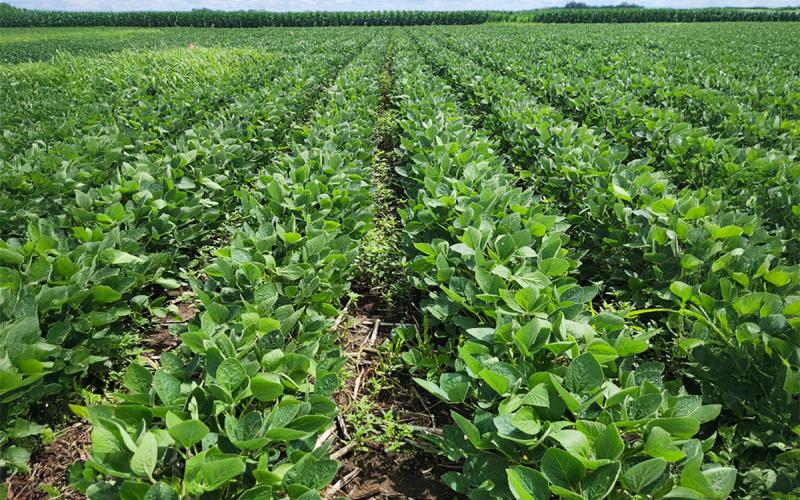
EPA Approves Dicamba for Over-the-Top Applications in Tolerant Soybean in 2026 and 2027
The Environmental Protection Agency has issued a limited-time registration of over-the-top use of dicamba on tolerant cotton and soybean for two growing seasons, 2026 and 2027.
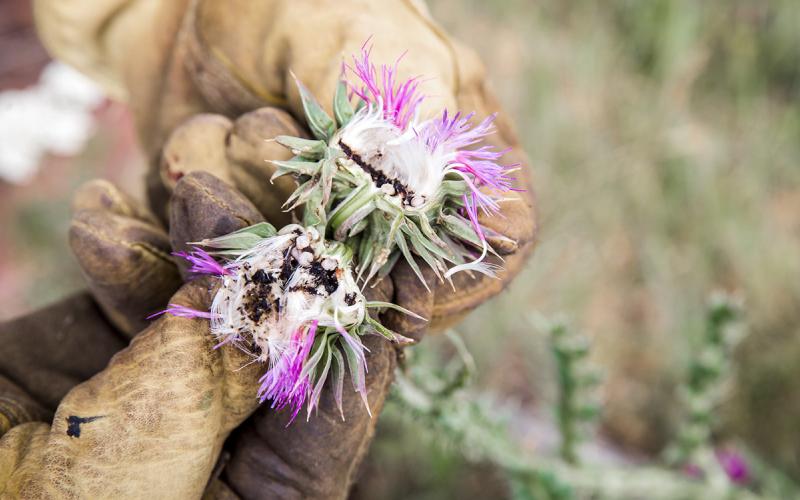
Now is the Time to Plan for Noxious Weed Control in 2026
Most of South Dakota experienced first frosts that were delayed by at least one month, allowing for noxious weed growth to continue later in the season. Now is the time to plan for noxious weed management tactics.
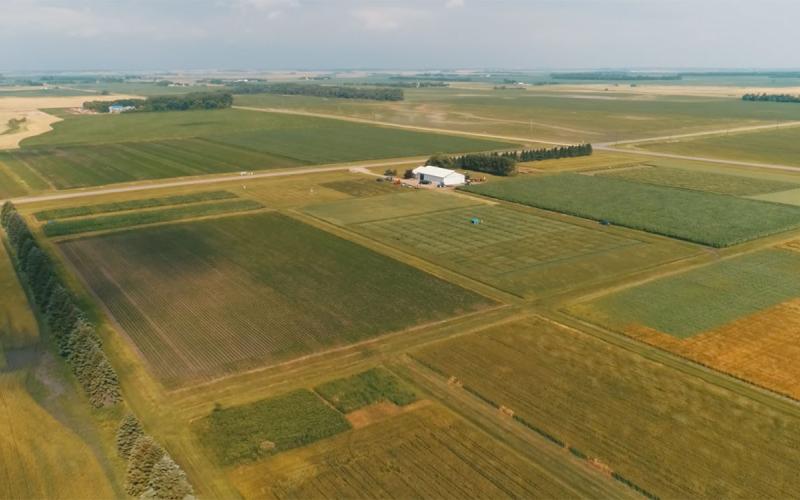
Crop Hour
SDSU Extension Crop Hour webinars provide valuable information for South Dakota crop producers to help them improve their profitability and prepare for the upcoming season.
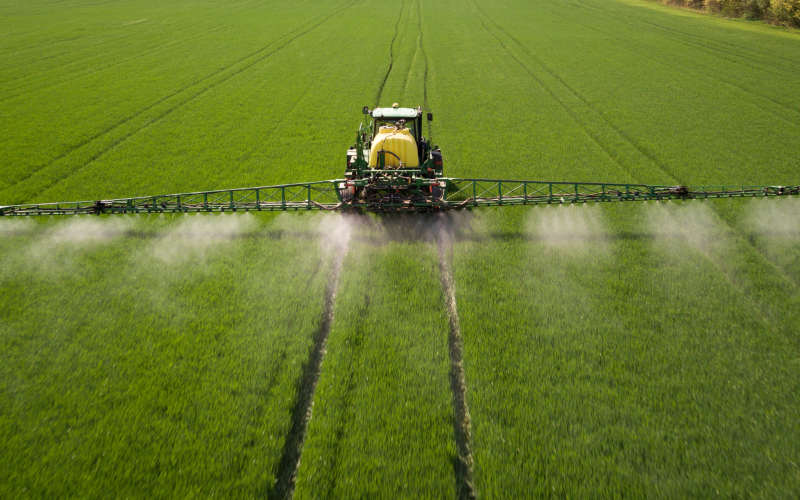
Commercial Applicator Training @ Ft. Pierre
SDSU Extension will host commercial applicator training in Ft. Pierre at the AmericInn by Wyndham (312 Island Dr, Ft. Pierre SD 57532) on February 26, 2026, from 8:30 a.m. - 4:00 p.m. CST.
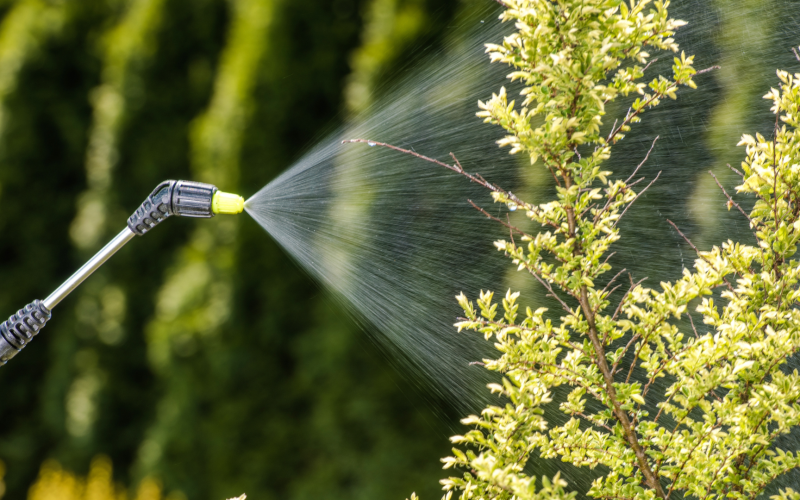
Commercial Ornamental/Turf Applicator Training @ Rapid City
SDSU Extension will host ornamental and turf commercial applicator training in Rapid City at the Ramkota (2111 N LaCrosse St, Rapid City, SD 57701) on February 25, 2026, from 9:30 a.m. – 4:30 p.m. MT.
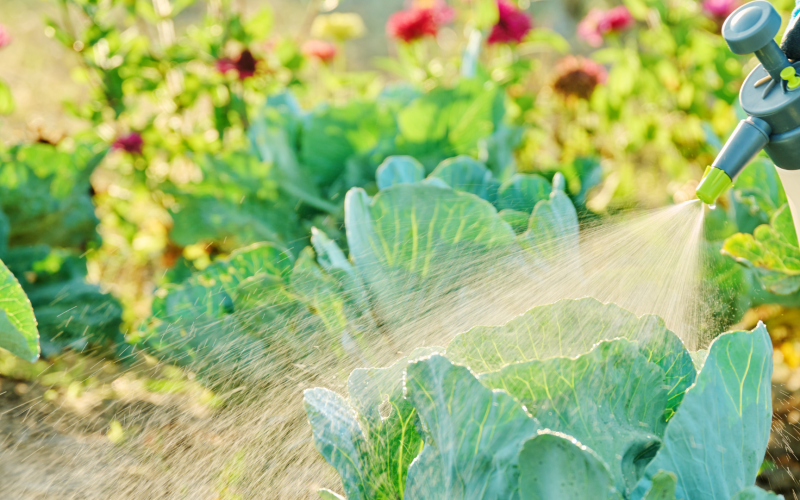
Private Applicator Training for Specialty Crops
SDSU Extension will host a free private applicator training for specialty crops on March 18, 2026, from 1:30 - 4:30 p.m. CT (12:30 - 3:30 p.m. MT). Participants have the option to attend online or at various locations across the state.
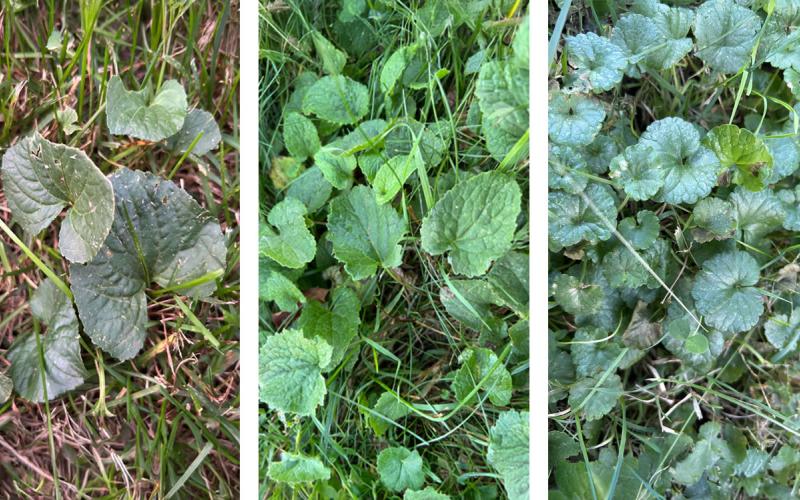
Perennial Weed Control in Lawns and Turf With Fall Herbicide Applications
Early fall is great time to control perennial weeds in lawns, including Wild violet, Creeping Bellflower, Ground Ivy, and Canada Thistle. Learn some expert tips selecting the right herbicides to manage these difficult-to-control weeds this fall.
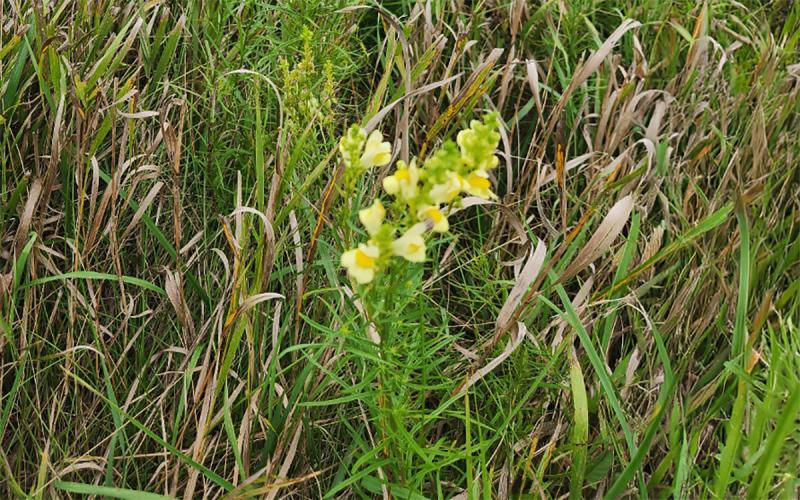
Yellow Toadflax Has Begun Producing Seeds: Scout before treating infested areas
Yellow toadflax is a perennial weed that infests pasture and rangeland across South Dakota. This year, with an abundance of heat and moisture, plants flowered in early August and now have started to produce seeds.
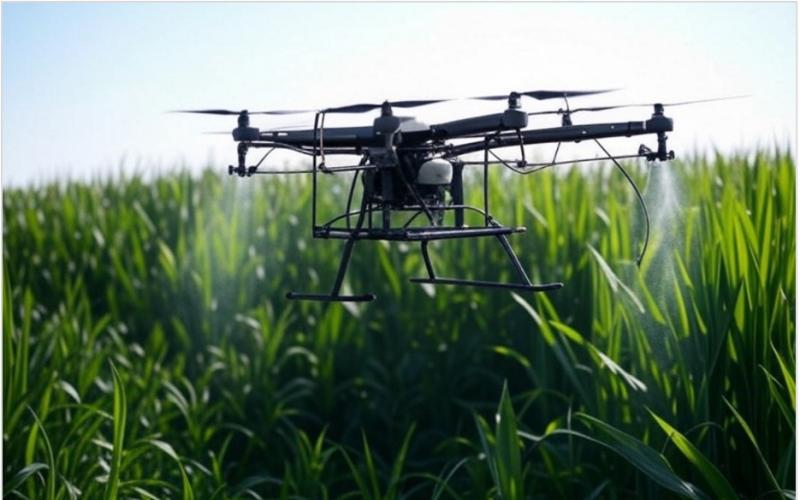
Required Licensing For Applying Pesticide Using Spray Drones
Fact sheet for South Dakota stakeholders wanting to get certified to apply pesticides with a spray drone.
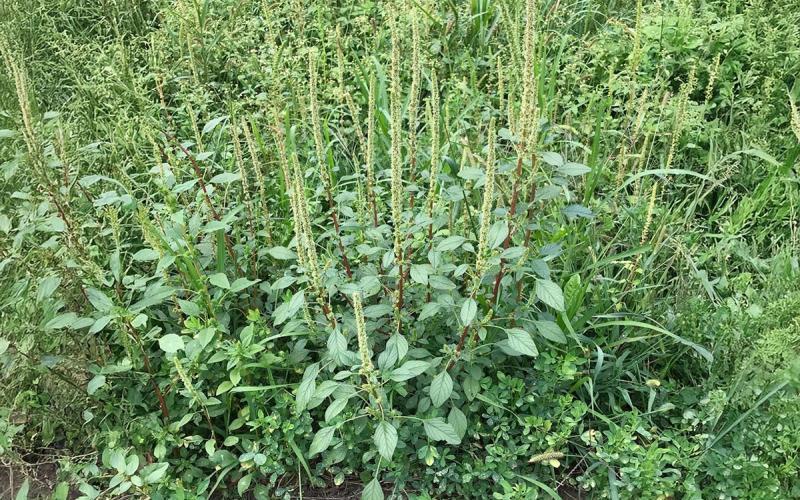
Palmer Amaranth Confirmed in Turner County: Is this weed in your fields?
Palmer amaranth has recently been confirmed in Turner County. Currently, the estimation of Palmer amaranth infestations has been confirmed in 18 counties across South Dakota